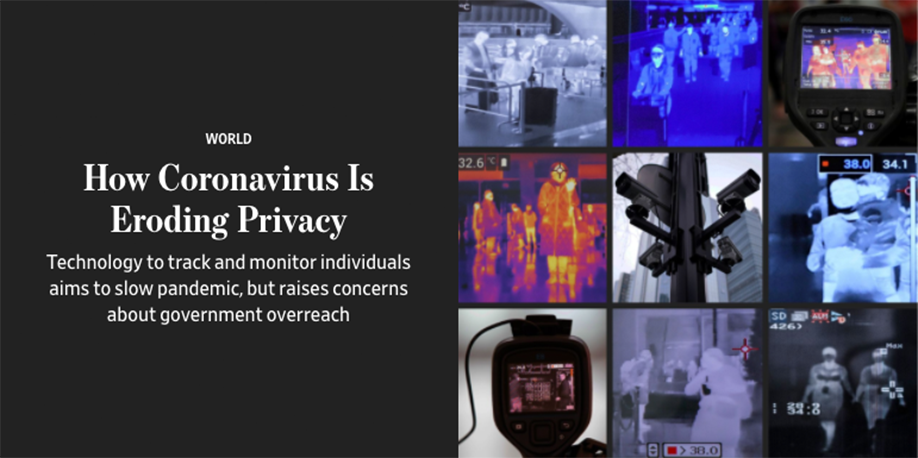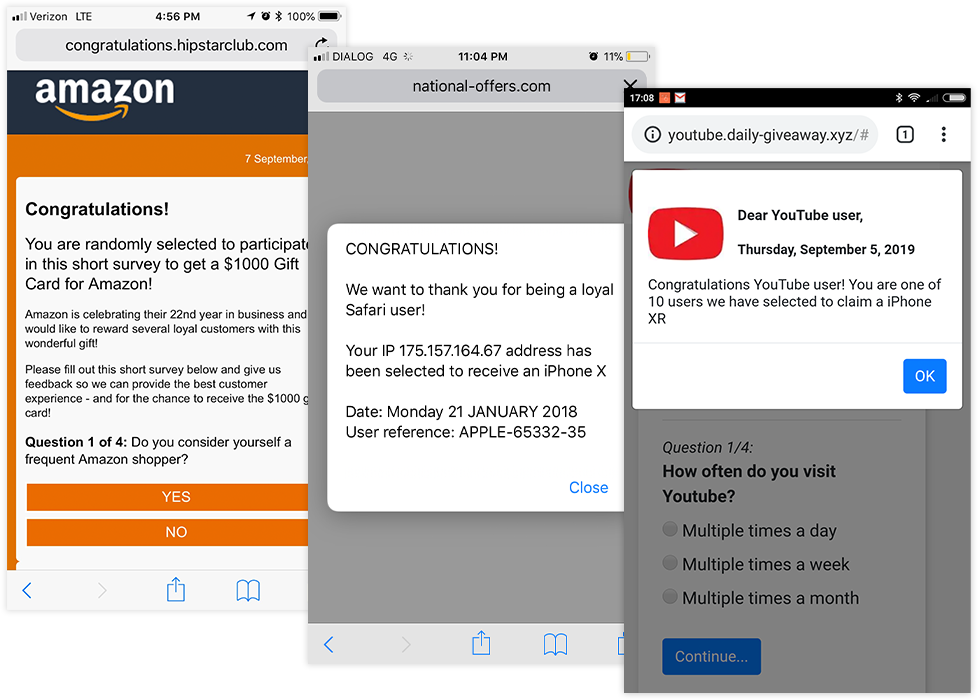Privacy and security
If the United States government had proposed 20 years ago that everyone must carry with them a tracking device that would let corporations and law enforcement know every person’s location at all times, there would have been protests in the streets.
Yet that’s essentially what we’ve done voluntarily, with mobile phones that are a surveillance tool of the highest order.

We have given up an enormous amount of privacy — and security in key ways — for the sake of convenience.
And as the coronavirus has spread, we’ve seen increasing calls to give up even more for the sake of public health.
Digital communication has created what scholar Shoshana Duboff aptly calls “surveillance capitalism,” a condition in which an assortment of largely unaccountable corporations have vast amounts of information about our habits, preferences, activities, and effectively our very lives. For Facebook, Google, and a host of large and small companies that amass personal data as part of the services they provide (example: here’s what Facebook collects), the information they collect is theirs, not ours, and the ways they use it are known only to them, not us. (This has been going on for a long time, even before the Internet came along; credit bureaus created data-driven profiles on most Americans, with little accountability.)
Then there are the criminals who regularly invade our privacy and threaten our security through outright illegal collection and misuse of our information. An entire category name — “malvertising” — has been invented to describe rogue ads that implant spyware, or worse, on people’s devices, for example. The bad guys love cyberspace, which has been aptly likened to the Wild West at times.

You can protect yourself from a lot of the misbehavior. You need to change some habits, including:
-
01
Regular updating of the software on your digital devices
-
02
Turning off location tracking on your phone except when you absolutely need it
-
03
Encrypting your information whenever possible
-
04
Using “two-factor authentication” for logging into Gmail and other online services
Privacy and security are a process, not a destination. The people who spy on us wage an ongoing arms race with the people who try to help us protect ourselves. The good guys need your help!
